Ho Chi Minh City urged to double down on green goals
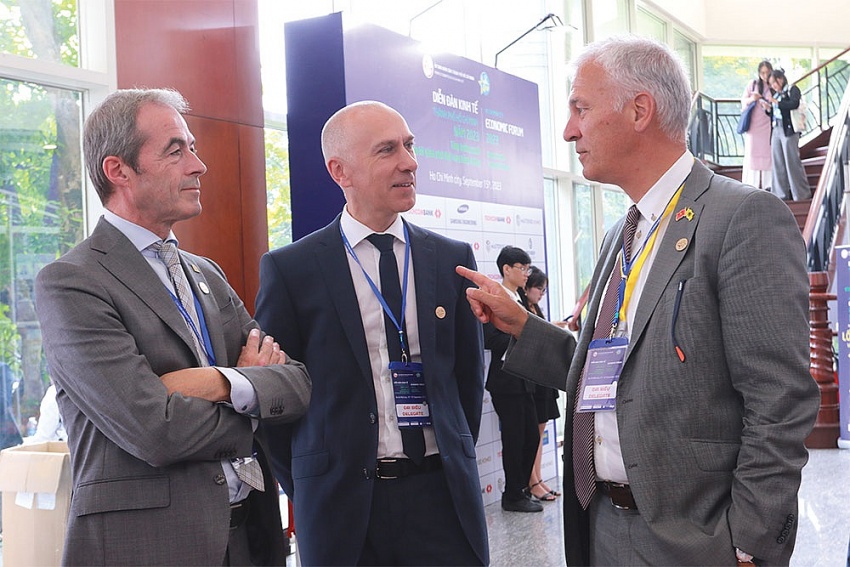 |
| Attendees were keen to divulge their ideas on what is needed to fulfill Vietnam’s commitments, photo Le Toan |
Deputy Prime Minister Le Minh Khai said at the Ho Chi Minh City Economic Forum 2023 that green transformation and green growth may create many new opportunities but also require large resources for relevant technologies, efficiency, and to minimise production and waste treatment costs.
Highly qualified human resources, both in terms of knowledge and skills, are also a key factor for businesses to implement green economic initiatives and solutions.
“In addition to the role of banks and financial institutions, Vietnam needs the participation and cooperation of international financial organisations in mobilising green finance,” Khai said.
The move towards renewable energy sources, green transportation, and a supply chain of green goods from production to consumption are creating many attractive cooperation opportunities for both domestic and foreign businesses, he added.
Although Vietnam’s national strategy on green growth was approved in 2022, Khai noted that simple political effort or determination is not enough to fulfill international commitments as well as effectively implement major policies on sustainable development. What is needed, he said, is creativity and the strong participation of the business and local community, as well as enormous resources from both domestic and foreign financial institutions.
“This is the best opportunity for businesses to re-perceive traditional business models, approach new business opportunities, cooperate and mobilise resources to gradually transform their business models, and aim for long-term effectiveness. Delays in conversion will cause businesses to fall further behind in meeting the different needs for green growth that have become increasingly popular around the world,” Khai added.
Secretary of Ho Chi Minh City Party Committee Nguyen Van Nen said that the metropolis is clearly aware that the traditional economic growth model is no longer the optimal choice. Therefore, the city has changed direction and created a new greener growth journey with a vision for a sustainable future.
The city is urgently completing its green development strategic framework for 2030 with a vision to 2050. The framework identifies people as the centre of digital transformation, promoting regional connectivity and international cooperation to implement green resource development and green infrastructure, while identifying pioneering industries and fields.
Yasuo Takahashi, former Deputy Minister of Environment in Japan and executive director of the Institute for Global Environmental Strategies, stated that reducing net emissions to zero in both nations is a long-term game.
“Reducing the increase in global temperature is not only important for the region but for the whole world. This requires many changes in financial policy, technological advances, and offers great opportunities for promoting innovation and improving communication’s health,” Takahashi said.
“Japan sets many scenarios for net emission reduction, including a scenario where about 80 per cent of CO2 is eliminated, but people meanwhile still need to use other types of energy which can affect the environment,” he continued.
Jan Jambon, Minister-President of the Belgian region of Flanders, emphasised that over the past 50 years, the relationship between Vietnam and Belgium has been continuously strengthened and developed strongly in both quantity and quality and also in the green transition process.
“Flanders has a large petrochemical industry, and Belgium also faces environmental pressures. However, we spend a large amount of GDP on technological innovation and environmental protection, especially in the application of AI,” Jambon said.
“Through technology, we are gradually solving problems such as recycling nearly half of all types of waste discharged into the environment. Above all, factors including sustainable policies and mechanisms will help the process of reducing net emissions and promoting a circular economy gradually become effective,” Jambon added.
Ho Chi Minh City contributes about one-fifth of the nation’s GDP each year, more than one-quarter of national budget revenue, and leads the country in attracting foreign direct investment and import-export turnover, with around 30 per cent of operating businesses of the whole country.
However, it also pumps out the most greenhouse gas emissions at more than 57.6 million tonnes, accounting for over 23 per cent of the country’s total.
| Han Sang Deog, Deputy CEO Samsung Engineering Vietnam
We have a long-standing interest in potential investments in wastewater treatment and waste-to-energy in Ho Chi Minh City. Vietnam is a country that has achieved outstanding economic growth and will need to continue to maintain this development in the future. However, industrial development leads to an inevitable problem of environmental pollution. Along with that, Vietnam needs to make efforts to realise its commitment to achieving net-zero emissions by 2050. To solve those challenges, we propose a strategy, titled Integrated Environmental Complex, which aims to create an economic environment where water, waste, and biogas are processed using self-generated energy without reliance on external energy sources. We believe that close cooperation with the government is essential for the successful development of environmental projects. With policy support from the government, we will take full responsibility for the entire value chain, from technology introduction and application to investment, financial structuring, design, construction, and operations. Nguyen Thi Mai Thanh, Chairwoman and CEO REE
To develop a prosperous economy, it is necessary to go hand-in-hand with ensuring environmental safety, reducing emissions, and effectively using natural resources and energy. Vietnam desires a brilliantly developed economy, but in reality, we must work harder. We lack complete infrastructure and perfect planning for a 50-year vision and we are not keeping up with the process of the circular economy. This causes an increase in transportation costs and a waste of resources. In addition, polluted water sources and atmosphere are increasing medical costs and greatly impacting people’s health. We want to work together to solve these issues, but we still have to wait for more specific instructions and plans to be able to effectively use natural resources. We have been waiting for 18 months to determine a location for a waste-to-energy plant with a daily capacity of 2,000 tonnes. The company can invest in solar power on all public building rooftops, including schools, and sell electricity to the city at utility rates. We also propose to take environmental protection into schools for education from childhood levels. Ly Kim Chi, Chairwoman, Tan Dong Hiep Construction and Investment Group
Reducing emissions is a story that must be followed actively, from the smallest steps. We strive for sustainable development in all of our industrial zones operating across the country. For newly-constructed complexes, we are looking to go carbon-neutral and for those already in operation, they are moving towards zero net emissions in all aspects. Currently, Ho Chi Minh City and the whole country are reducing emissions and trying to go green. But from a city perspective, there needs to be specific plans and instructions. For example, work in office buildings is necessary to convert to digitalisation to reduce the use of traditional materials. In the construction sector, we must develop naturally and limit concrete. Waste must be classified according to green criteria. For public and private transport, vehicles must be cleaner with limitation in emissions. In particular, we must develop more public transport and limit the number of private vehicles, which are the key factor in releasing emissions into the environment. |
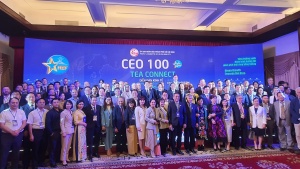 | Foreign community pushes initiatives for Ho Chi Minh City's green development More than 100 CEOs from global corporations gathered on September 14 in Ho Chi Minh City to push forward their initiatives and cement their commitment to collaboration with the city to implement its green development and zero carbon goals. |
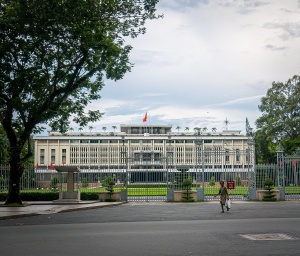 | Ho Chi Minh City seeks balance between green and economic concerns Ho Chi Minh City, accounting for nearly 23.3 per cent of Vietnam's total greenhouse gas emissions, seeks transformative strategies to shift towards a sustainable economy while remaining the country's dominant economic powerhouse. |
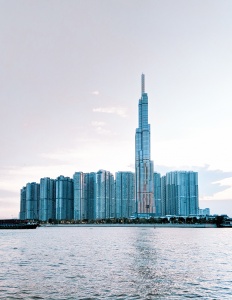 | Vinhomes proposes handover of riverside road to Ho Chi Minh City Vinhomes, the leading real estate developer backed by Vingroup and primary investor of the Vinhomes Central Park residential project in Binh Thanh district, has formally proposed the handover of routes D1-D19 situated along the Saigon River, upon the project's finalisation. |
 | Vietnam’s exciting growth powers Bain & Company’s first office in Ho Chi Minh City Wade Cruse, managing partner for Southeast Asia at Bain & Company and Andrea Campagnoli, partner and office head of Bain & Company’s Vietnam office, spoke with VIR's Luu Huong about Vietnam's economic prospects and Bain's forward-looking strategies in the region. |
What the stars mean:
★ Poor ★ ★ Promising ★★★ Good ★★★★ Very good ★★★★★ Exceptional
Related Contents
Latest News
More News
- Cai Mep LNG Terminal to start commercial operations in September 2024 (May 09, 2024 | 14:25)
- Climate tech startups grab unique opening (May 09, 2024 | 14:00)
- VinFast transforms business growth plan (May 09, 2024 | 10:26)
- Electric vehicles gradually proving their superior value (May 09, 2024 | 08:00)
- Bac Ninh draws nearly $1 billion of FDI in first four months (May 08, 2024 | 12:28)
- Tetra Pak to expand manufacturing facility in Binh Duong (May 08, 2024 | 11:57)
- Land clearance for $2 billion Thai Binh LNG power plant set for completion in January 2025 (May 08, 2024 | 11:54)
- FDI flows strongly into manufacturing, real estate (May 08, 2024 | 09:19)
- MPI to amend Decree 35 on the implementation of PPP regulations (May 06, 2024 | 19:07)
- Doosan wants to develop LNG project (May 06, 2024 | 19:01)




 Tag:
Tag: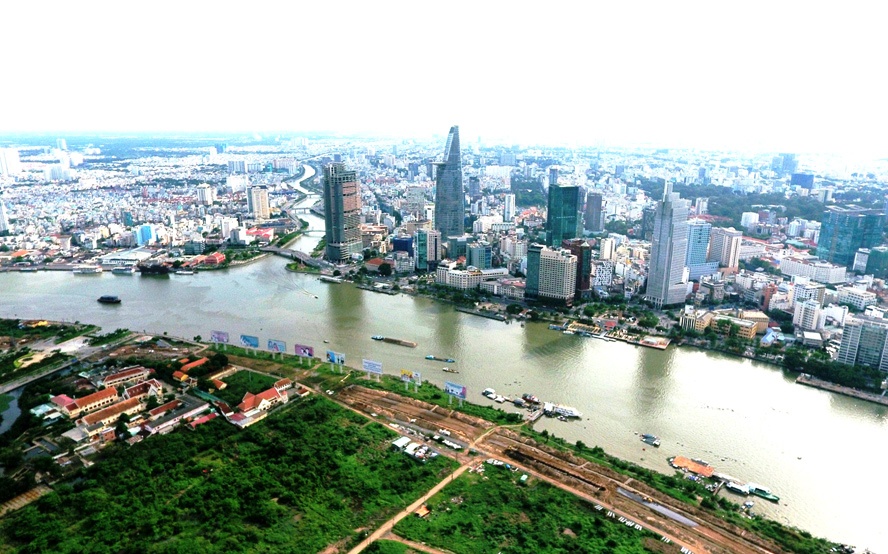
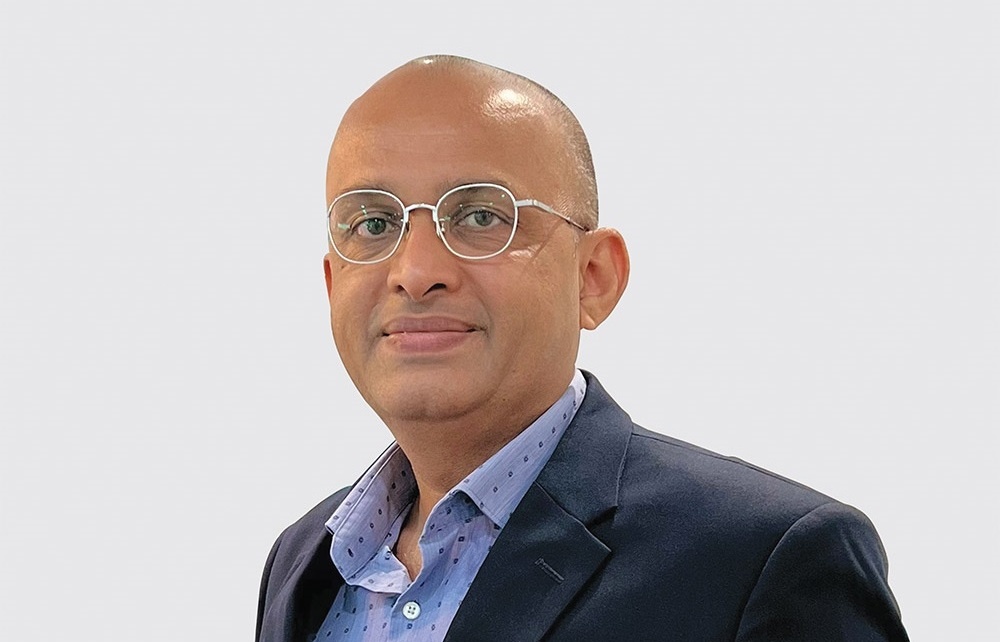
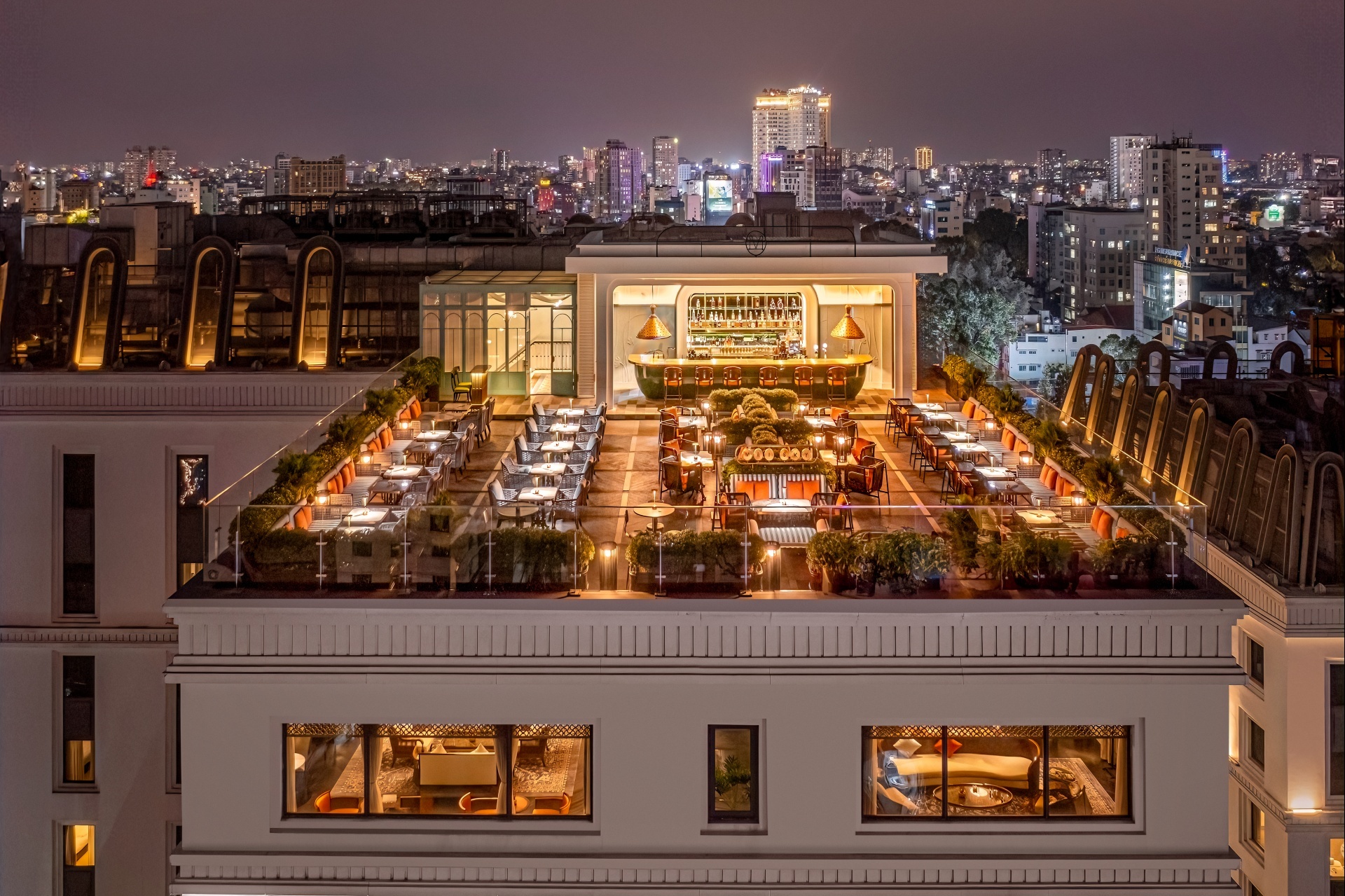
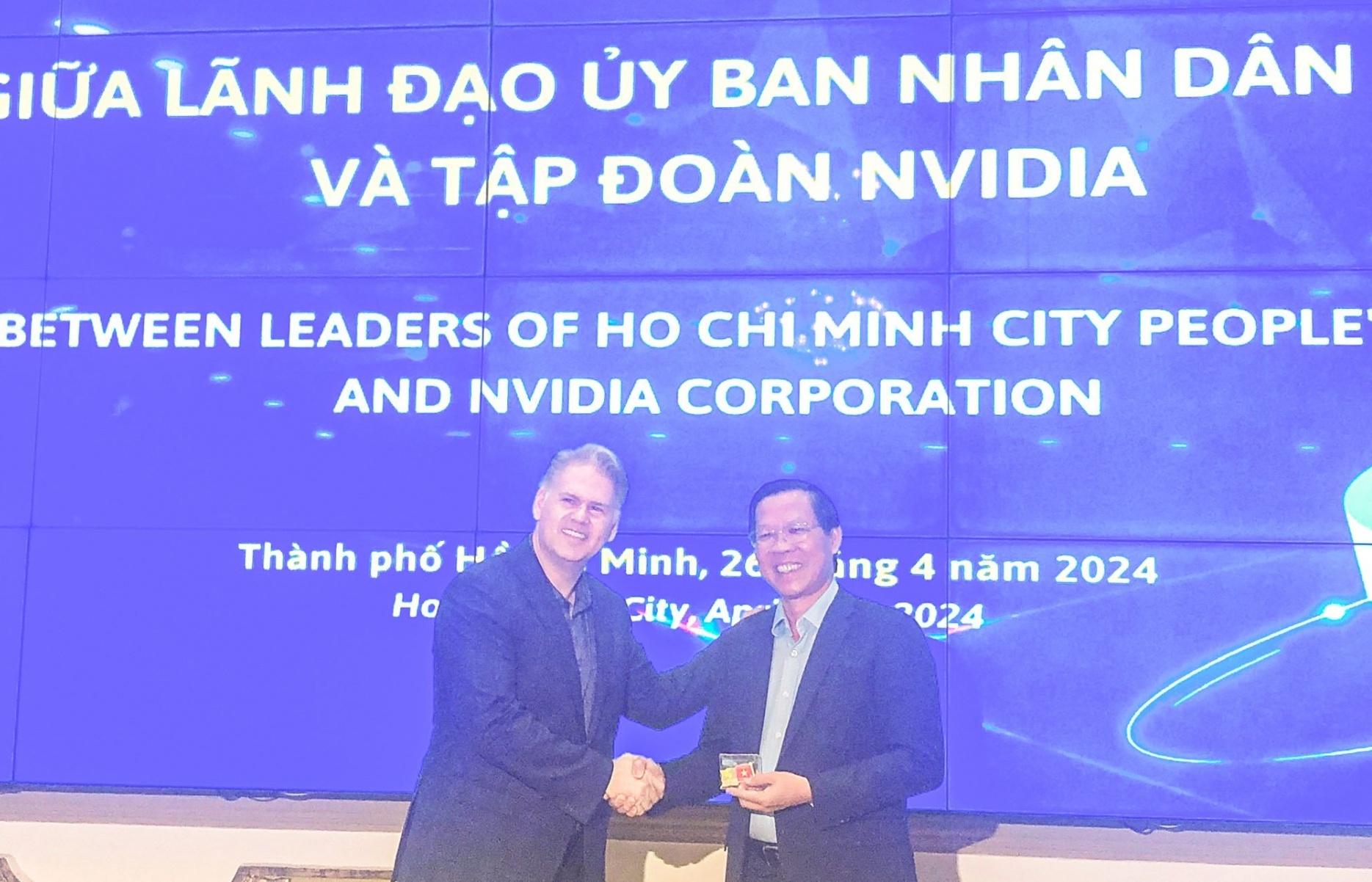

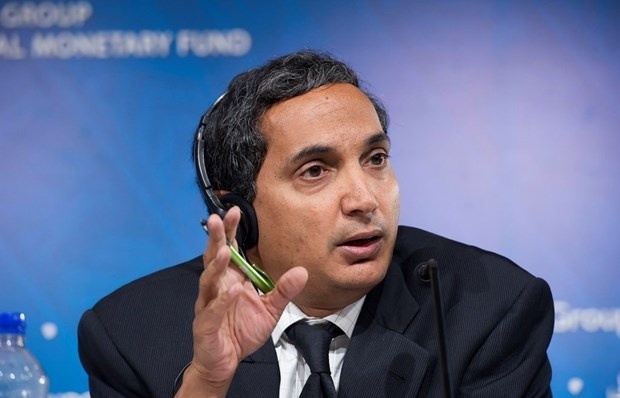
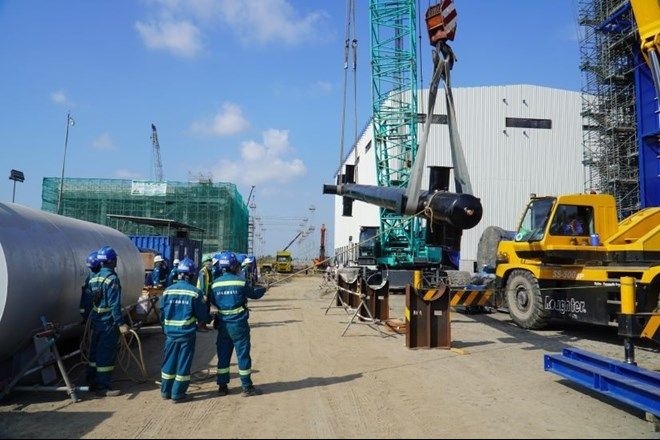
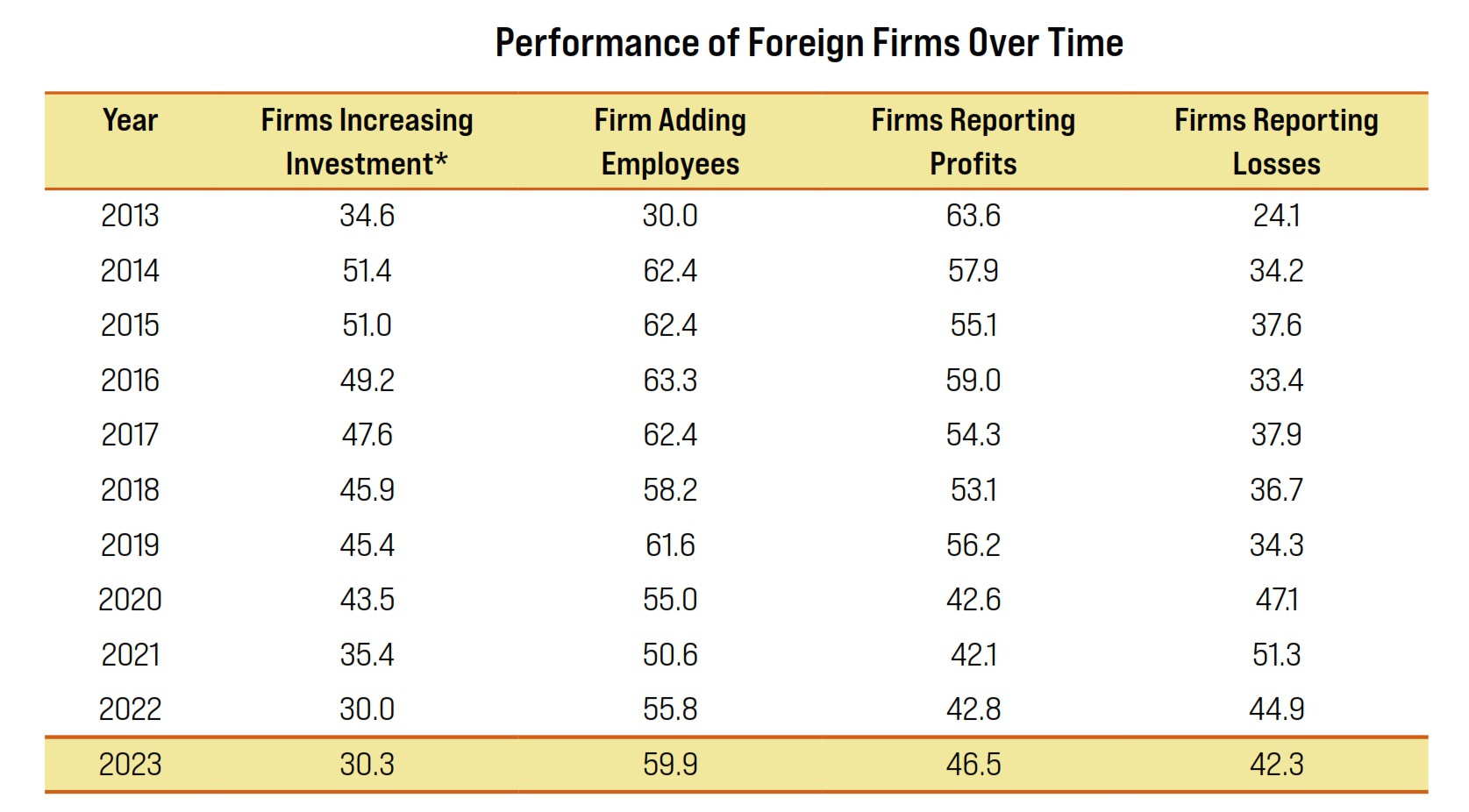
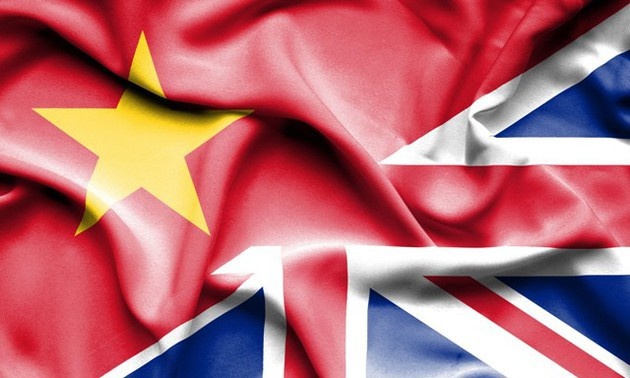
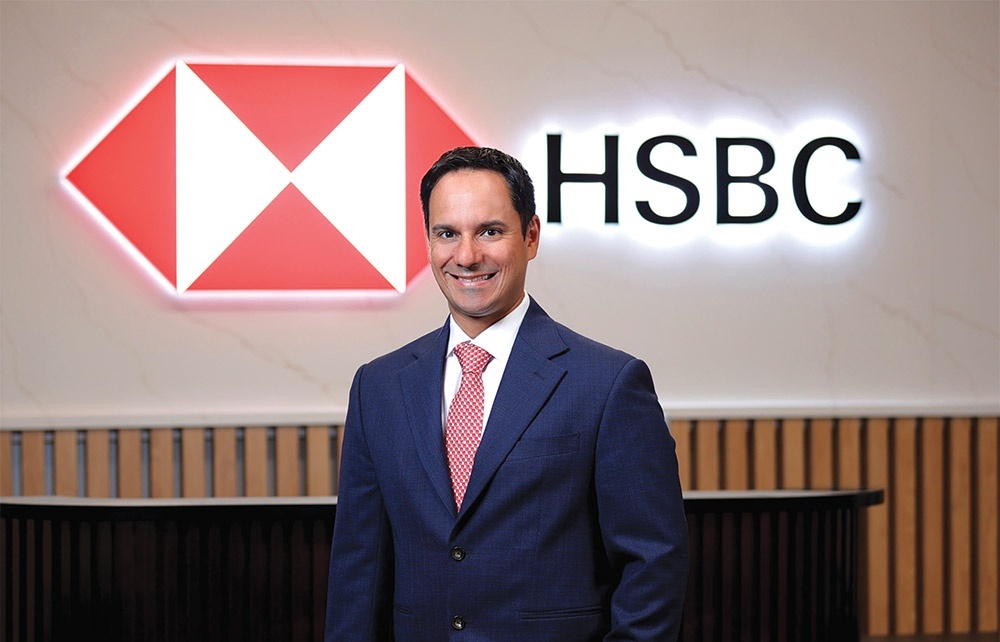
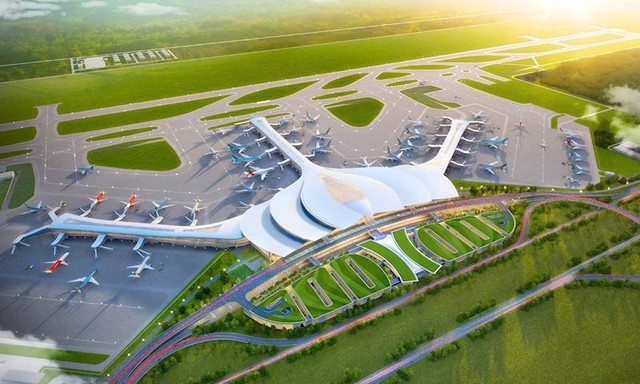


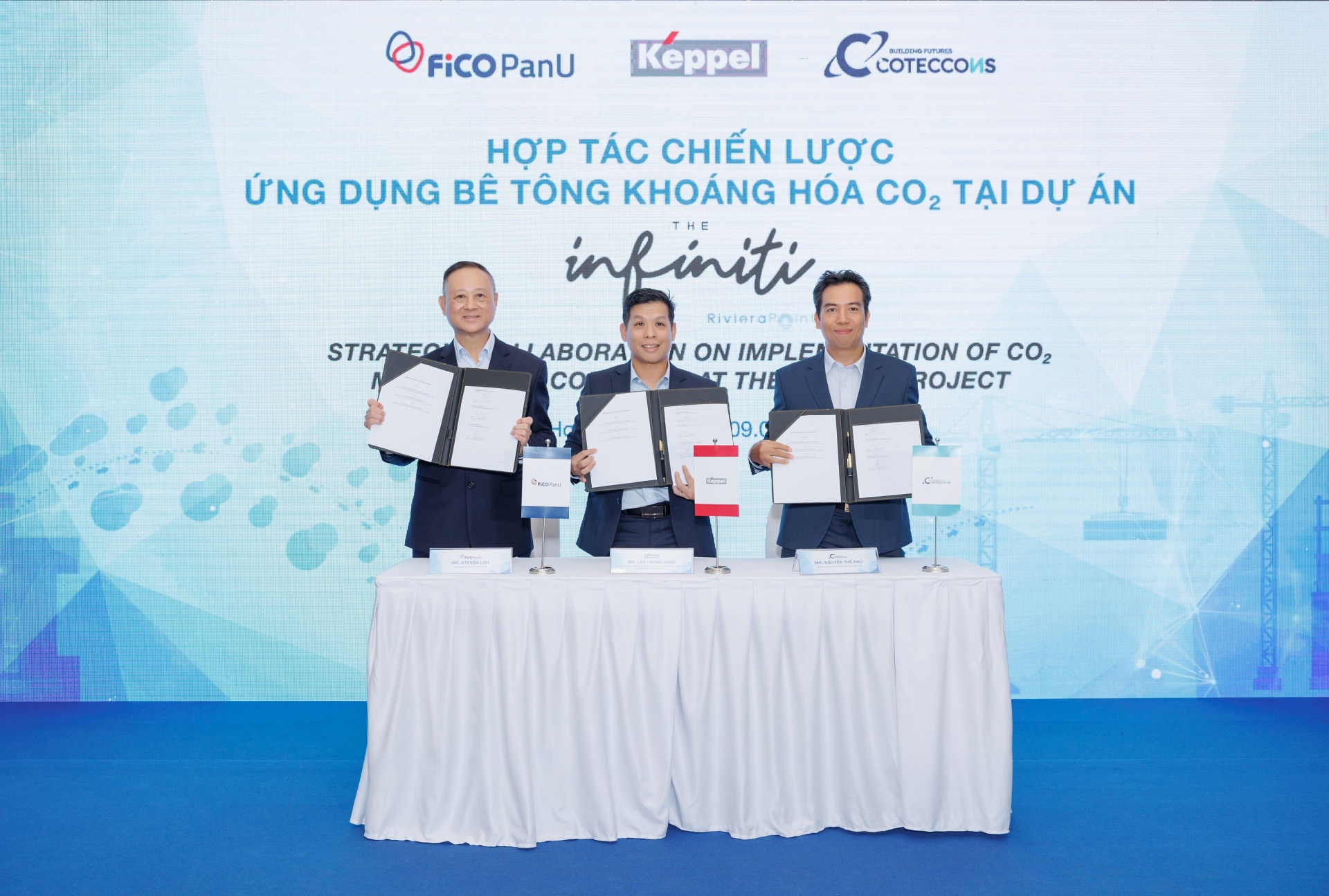
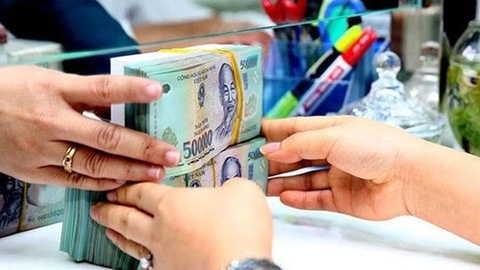
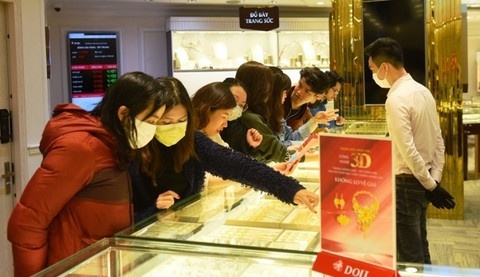



 Mobile Version
Mobile Version